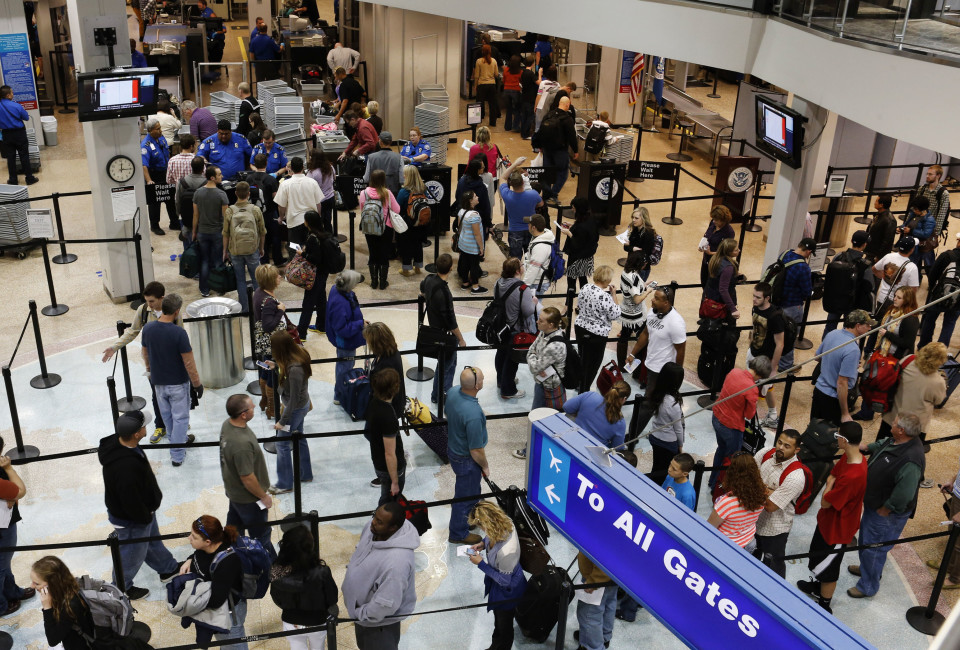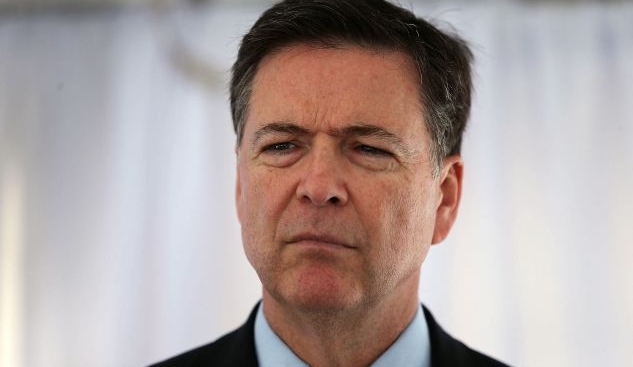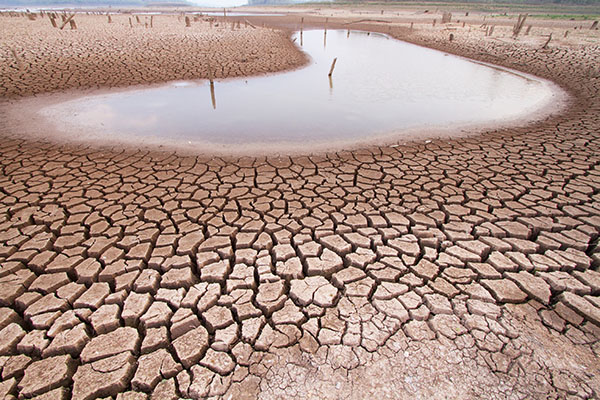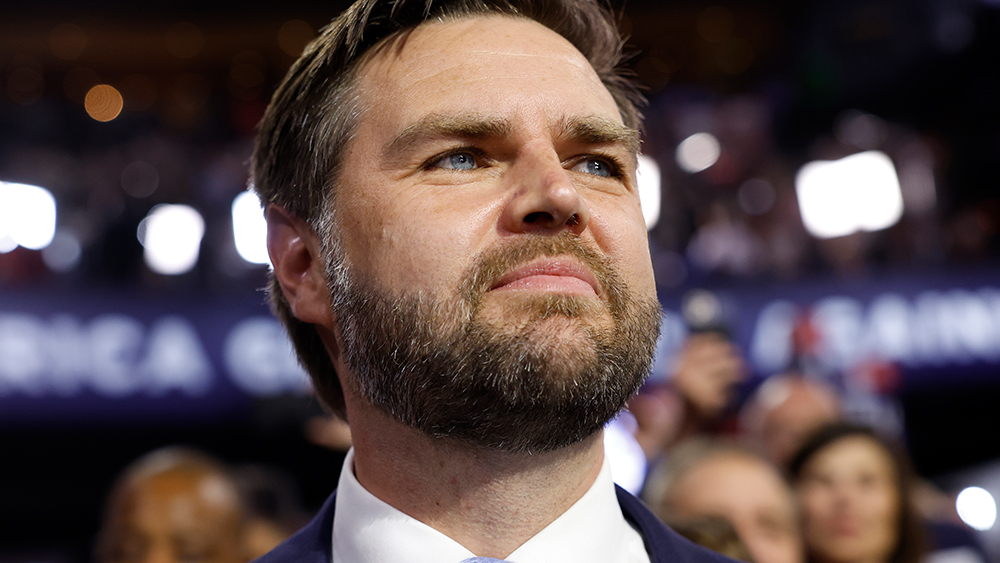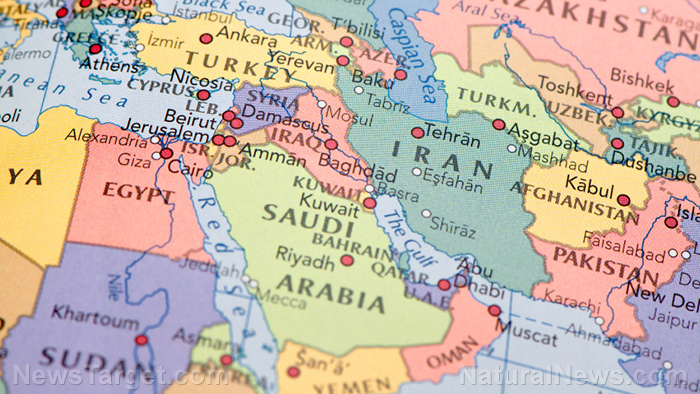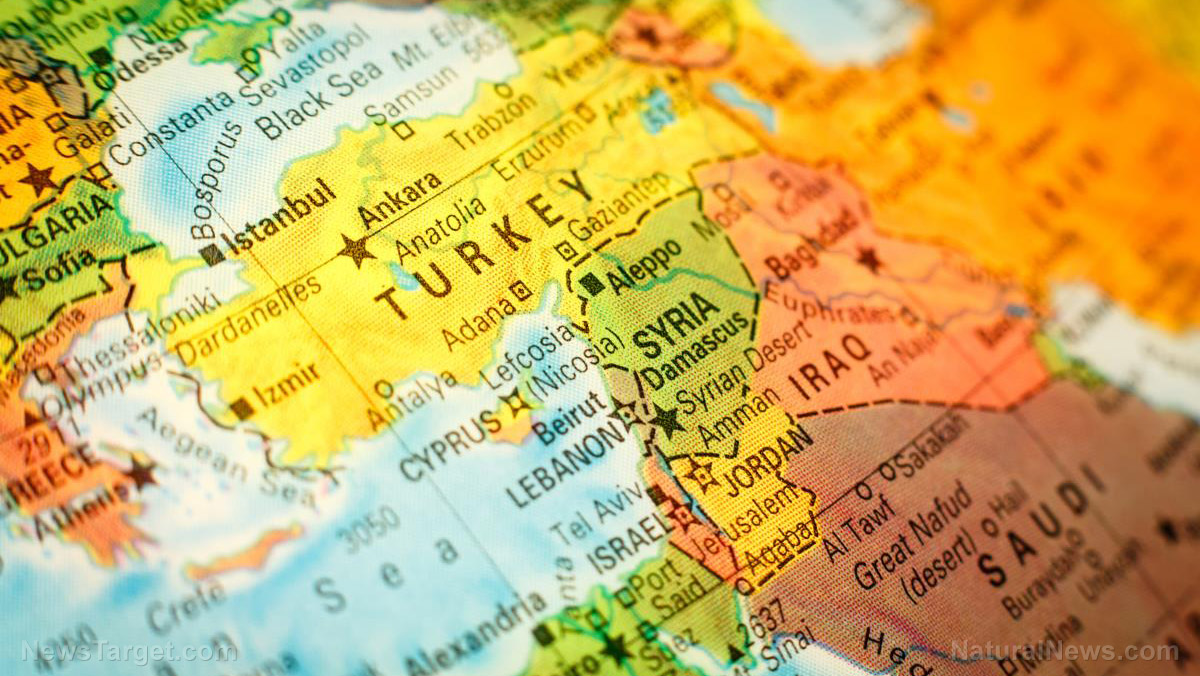
Key points:
- Trump declares an end to U.S. sanctions, calling them "brutal and crippling," to give Syria a "chance at greatness."
- New Syrian President Ahmed al-Sharaa, once a U.S.-designated terrorist, pledges cooperation with Washington, including counter terrorism efforts and economic reforms.
- In exchange for sanctions relief, Trump urges Syria to join the Abraham Accords, normalize relations with Israel, and expel foreign militants.
- The move follows pressure from Saudi Arabia, Turkey, and Gulf states, signaling a regional realignment away from Iran and Russia.
- Critics warn of al-Sharaa’s authoritarian past, but supporters argue engagement could stabilize Syria and counter Iranian influence.
From pariah to partner: The rise of al-Sharaa’s Syria
Once the leader of Hayat Tahrir al-Sham (HTS), an Al-Qaeda-linked faction, Ahmed al-Sharaa has undergone a dramatic rebranding. After toppling Bashar al-Assad’s regime in 2024, his government has sought legitimacy by cracking down on ISIS, offering détente with Israel, and courting Western investment. Trump’s decision to lift sanctions—previously unthinkable—reflects a pragmatic gamble: that Syria, freed from economic strangulation, can become a bulwark against extremism rather than a failed state.
"Good luck, Syria. Show us something special," Trump declared in Riyadh, echoing his "America First" doctrine of transactional diplomacy. Al-Sharaa, who once had a $10 million U.S. bounty on his head, has promised to "build a Trump Tower in Damascus" and open Syria’s oil reserves to American firms. Yet skeptics, like Sen. Lindsey Graham, warn that al-Sharaa’s rise was "by force, not the will of the people," and that Israel remains wary of Syrian intentions.
The Abraham Accords gamble
Central to Trump’s deal is Syria’s potential inclusion in the Abraham Accords, the U.S.-brokered agreements normalizing Arab-Israeli relations. If Damascus agrees, it would be the most controversial signatory yet—a former Iranian proxy now aligning with Jerusalem. Trump framed it as a "historic peace deal," but the stakes are high: Syria must also secure ISIS prisons, expel Palestinian militants, and prevent Iranian entrenchment.
The Saudis and Emiratis, long opposed to Assad’s Iran-backed rule, reportedly lobbied Trump for sanctions relief, betting that economic revival could pull Syria from Tehran’s orbit. "What I do for the crown prince," Trump joked, hinting at Riyadh’s behind-the-scenes role. Yet the Druze and Alawite minorities, brutalized under HTS’s rise, fear reprisals—a tension Trump’s deal must navigate.
The shadow of the past
Syria’s civil war, fueled by U.S.-backed "moderate rebels" who later defected to jihadists, left over 500,000 dead. Trump’s 2017 airstrikes against Assad gave way to a pragmatic pivot: recognizing that al-Sharaa, for all his baggage, now holds the keys to stability. Russian Foreign Minister Sergey Lavrov had long argued sanctions "harmed the Syrian people," and Trump’s move aligns with Moscow’s vision—but risks alienating war hawks at home in the US.
"Engage, or push Syria back into Russia’s arms," warned Rep. Marlin Stutzman, who met al-Sharaa. The Syrian leader’s vision of a "trade hub" like Dubai is seductive, but as ex-Ambassador Robert Ford noted, "He’s an authoritarian by nature." The question that remains: Will this gamble bring lasting peace, or merely reshuffle the Middle East’s deck of strongmen?
Sources include:
Please contact us for more information.









